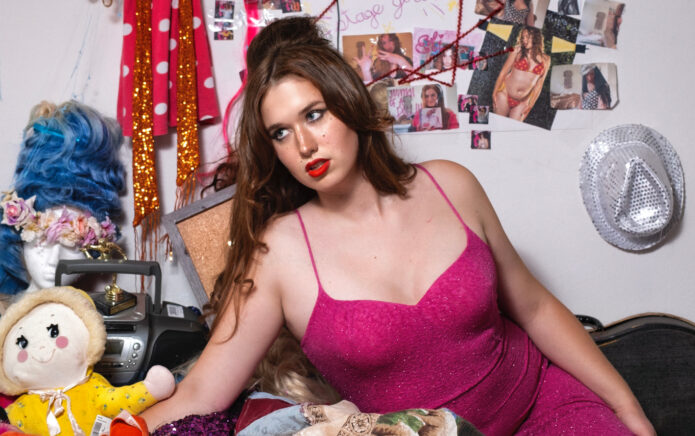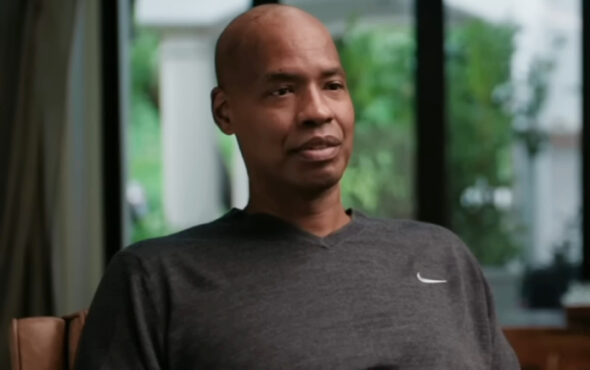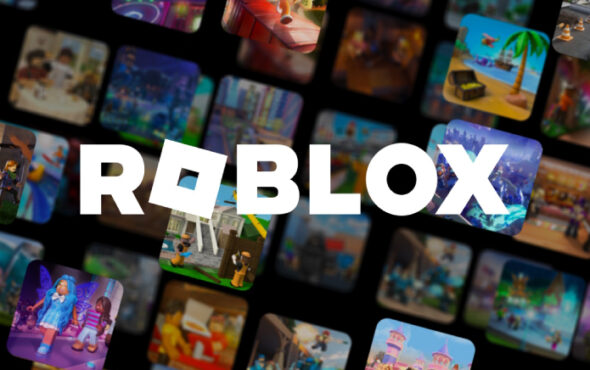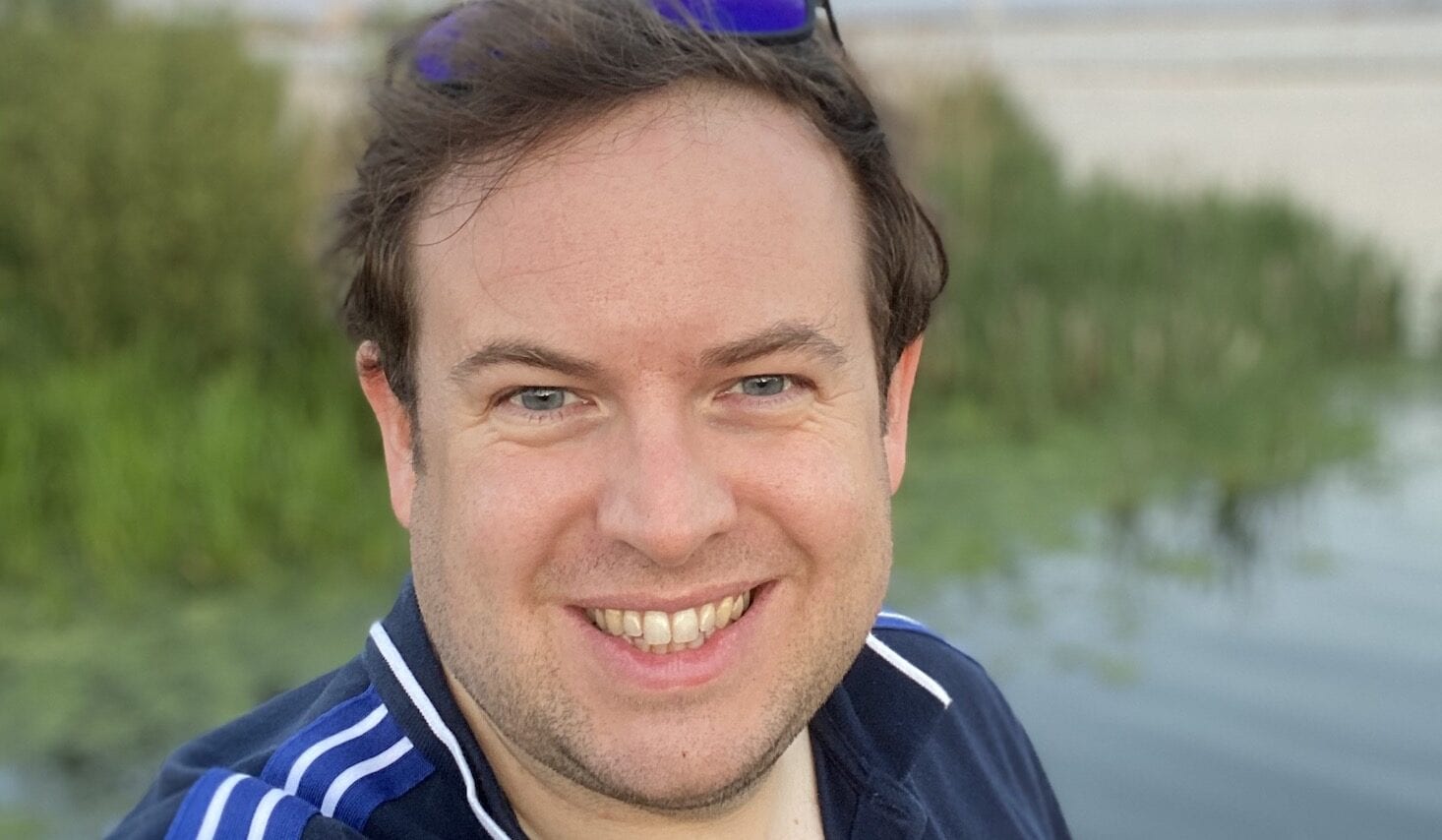
Stephen Doughty has been the Labour MP for Cardiff South and Penarth since 2012 and shadow Africa Minister since April 2020. Stephen has made a significant contribution in the campaign for LGBTQ+ rights.
Stephen is also the current Chair of the All Party Parliamentary Group on HIV/AIDS. The APPG on HIV/AIDS is a cross-party group of MPs and Peers who are passionate about fighting HIV. The APPG on HIV/AIDS transcends traditional party political lines in a highly effective way, advocating for people living with HIV in the UK and globally. Stephen is one of a number of trailblazing MPs on the APPG who continue to fight for people living with HIV, like myself.
Stephen tells his coming out story with great authenticity, is relatable and makes some very pertinent observations about the LGBTQ+ rights agenda in the UK now. He also has some excellent coming out advice.
I began by asking Stephen to describe his coming out journey?
My coming out journey was not an easy one. I spent years denying that I was gay to myself from teens till late 20s, but eventually decided to tell some friends, and then eventually become more public when I was elected – as I felt very strongly it was important to be myself, and to do what I could to use my new position to help others who were hiding themselves, facing discrimination and suffering in silence – simply because of who they are. I guess it was always complicated by some of the religious and societal pressures I faced (I’m a Christian – and there are parts of the church that are still actively repressing people’s true selves) and my brother is also gay. I guess I always told myself ʻhere can’t be two of us – I need to be attracted to girlsʼ. Instead of listening to my head and heart.
How did your family and friends respond when you came out?
I was lucky that most of my family and friends were hugely supportive, and of course some said ʻwell of course – we’ve always knownʼ. There were some who had more difficulties. One told me that I clearly had a different understanding of “biblical truth” – I found that very hard. I guess like many of those who come out late though there are always regrets – people you clearly fell in love with who you never told, things you were scared to do and say, opportunities missed. Like many other LGBT+ friends, I’ve had mental health impacts from some of that self-and external- repression that went on for far too long.
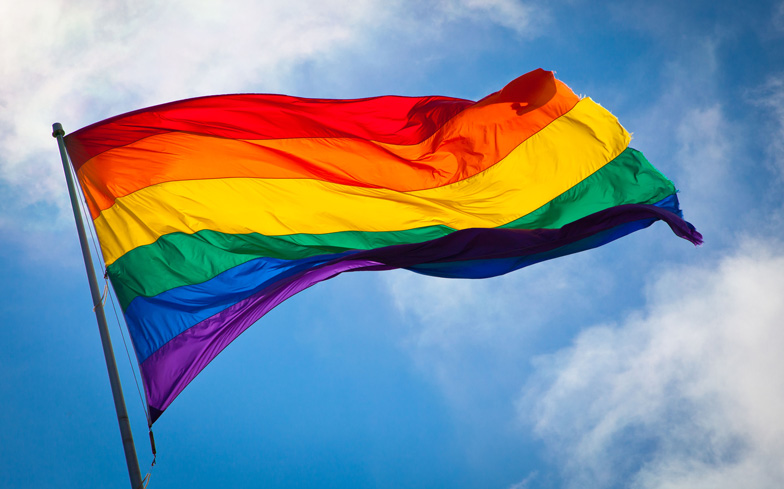
What made you want to go into politics?
It’s cliché but I just wanted to help make my community, country and world a better place. I was lucky to have the example of my dad who was a local Councillor after a career in the army and youth work, and my mum who was a hugely impactful teacher – to see generations of particularly young people they had impacted on, and the impact they have had in the communities they have lived in and internationally too. I come from pretty humble beginnings and from a working class family in every direction – but I was lucky to have inspiring role models and a great education. I felt I had to give something back in return. I’ve seen poverty, conflict and injustice in communities from my own to places in Africa or the likes of Afghanistan – let alone the huge discrimination and violence the LGBT+ community faces. I feel I have a duty to play the part I can to change what I can for the better.
In terms of LGBTQ+ people, which three issues currently concern you the most in the UK?
Firstly the discrimination, violence and hatred directed at the Trans and Non-Binary community. The Government have got it completely wrong, and Liz Truss is simply not up to the job of Equalities Minister. Some of the current debate has all the hallmarks of Section 28, and using a minority group as a political wedge issue. It must stop. Second, the huge mental health challenges facing the LGBT+ community – especially young people. I know too many people who have really struggled, and in some cases even tried to end their lives. Help is out there, but we need some radically improved access to provision, and better understanding of LGBT+ community issues amongst practitioners. Third, not least as we are in Black History Month – I think we need to have a frank and candid conversation about the structural and institutional racism and discrimination that goes on against Black people and other People of Colour in the LGBT+ community, let alone from other quarters. It’s an issue that people often like to ignore, and not talk about. That has to change.
Do you think that the coronavirus pandemic will have a lasting impact on LGBTQ+ people in the UK?
Sadly yes – at least in the short term. Many LGBT+ people have lost access to the networks of friendship and support they rely on, due to lockdowns and restrictions. Some people face discrimination or violence through being more restricted on where they can live, who they can see and what they can do. Our venues are under threat like so many others in the hospitality sector. Industries that have seen traditionally higher levels of employment for the LGBT+ community like the arts and culture have been hit hardest. And there have been specific challenges, such as the impact on health services including for those living with HIV or access to mental health services.
What would your advice be to someone who is unsure about coming out?
Above all be yourself. Don’t wait as long as I did. Don’t deny yourself and your true potential for love and to be loved, and to be who you really are. And remember there’s a whole load of people out there from the LGBT+ community and a huge number of allies who will be with you and support you every step of the way. But always put your safety first – we need to recognise that for people in many countries around the world – coming out can risk discrimination, hatred, violence, or even death – and that is why I’m so passionate about working with those globally who are fighting for a different and more equal world.
Keep up with Stephen on Twitter: @SDoughtyMP
